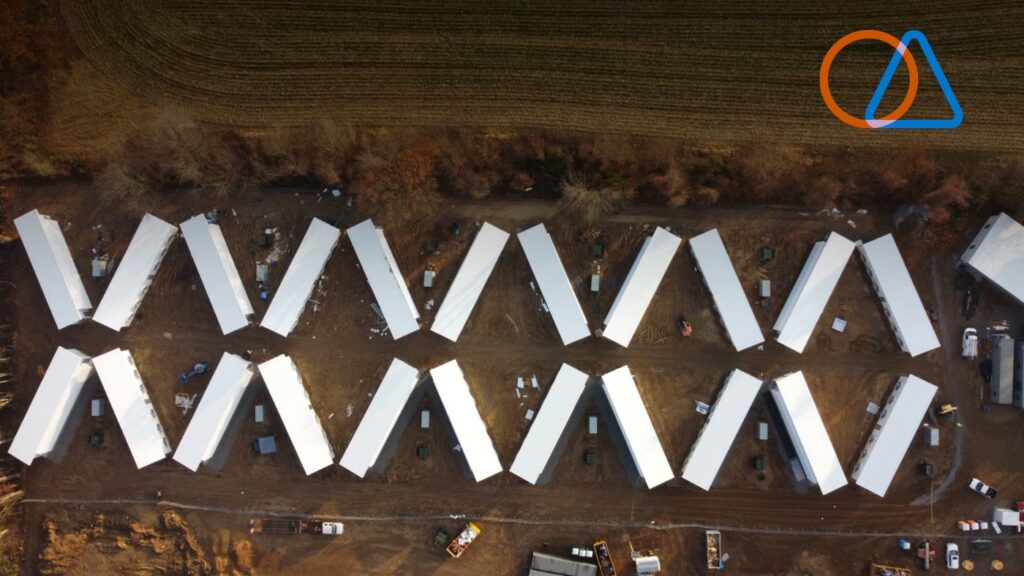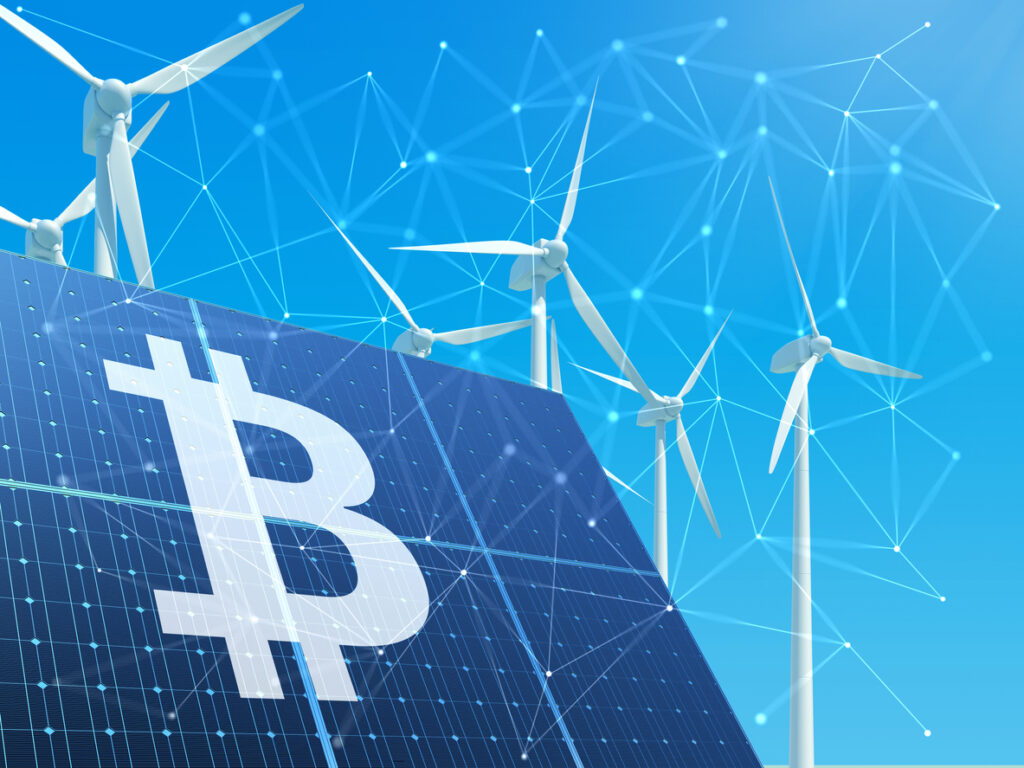By John Belizaire, CEO
Today, over 2 billion people are members of a global network. The members exchange intimate details of their lives, posting pictures of themselves and their loved ones, and even broadcasting their current location to that network. And each person is trusting a central authority to maintain the privacy of their important digital assets, location, identity, and relationships.
As you probably guessed, this central authority is Facebook. The social network that completely changed the world in so many ways — we could fill an entire book on the impact Facebook has had on the world alone. It is a centralized network run by a single entity and governed (effectively) by one person, Mark Zuckerberg.
Members rely on Facebook to protect their data from being used by unauthorized third parties — after all, we all know that Facebook shares data with advertisers. This exchange of information occurs because users agree to a license that allows the system (Facebook) to own a member’s data and generate advertising revenue through the use of the data. Facebook acts as an intermediary, connecting advertisers with members who might be interested in their goods or services.
Recently, however, trust in Facebook was at risk due to unsettling scandals like the alleged Russian election hacks and revelations about Cambridge Analytica’s exploitation of over 85 million users’ personal information that was allegedly used to influence voter opinion.
Users trust that Facebook is using their data to improve their personal experience, to show them more relevant content, and yes, more relevant ads. Facebook’s recent revelations however serve as a stark reminder of how much of our data has been mined, and abused, and how little control we have over the personal information we post online..
But Facebook isn’t the only vast network that relies on trust in a central party. The data controlled by the financial industry is far more diverse and has far more impact.
Most of the world’s money and related assets are stored digitally in centralized ledgers controlled by banks. As a result of these completely separate ledgers, even seemingly simple tasks like wiring money from one bank account in one country to another can involve several intermediaries. It results in long processing times and may incur high transaction fees, not to mention the risk of transferring sensitive financial information between several different parties.
“Achieving disintermediation would require one to rethink the underlying fabric of the world’s most extensive global network — the internet.” – John Belizaire, CEO
Every aspect of our finances is governed by centralized authorities, also known as the middleman, who manages the world’s digital assets and controls their integrity. Since financial assets are so centralized, it makes security breaches even more devastating. Equifax, one of the most significant financial systems, maintains vital personal financial data for hundreds of millions of people.
This network suffered a security breach that exposed 150 million people to malicious entities.
Blockchain technology is poised to upend this paradigm.
Thanks to Satoshi Nakamoto, there is now an innovative approach to developing new networks that are entirely decentralized, and devoid of intermediaries.
Today, Bitcoin and other cryptocurrencies offer an option to store wealth outside of the traditional financial system. They provide a store of value apart from fiat currency, which is subject to the whims of the issuing sovereign.
Bitcoin is considered by many to be a much safer way to hold their wealth than the currency of their own country. Many Argentinians, for example, keep their wealth in a Bitcoin wallet rather than a local bank.
But secure storage isn’t the only way the blockchain offers value. Remember our earlier example of how long it takes to transfer funds from one bank to another? Banking wire transfers could be significantly more efficient on a peer-to-peer network. It would be much simpler and take a lot less time. In the Bitcoin blockchain, an international transfer happens in about 10 minutes across the globe, compared to days on the centralized banking network.
Death of the Middleman
Suppose for a moment; we wanted to replace Facebook and Equifax with decentralized versions.
Imagine a new social network (call it “Peerbook”) built on a peer-to-peer network that would have identity (including relationships) as its core digital asset. Any use of this asset or access by a third party would be visible and controlled by the asset holder, the member of the network.
Equifax’s decentralized doppelganger might be a new credit-data network (call it “Bitfax”) that uses a distributed anonymized ledger that stores personal data. A global network of nodes would manage this credit-history asset, and it would be incredibly difficult to hack.
Equifax, Facebook, banks, and other centralized entities are not alone in their vulnerability to being replaced by a peer-to-peer system. Every industry that mostly plays the role of middleman between producers and consumers of digital assets is vulnerable to being disintermediated by the blockchain.
Many advocates of the blockchain believe it has the potential to affect all aspects of our lives, including identity, education, payments, insurance, medical records, loans, and issuance of identity-related documents (i.e., birth certificate, identity cards, passports).
Achieving disintermediation, therefore, would require one to rethink the underlying fabric of the world’s most extensive global network — the internet.
To create this new world with no middlemen, we would not just need to build a new Facebook or a new Equifax using the blockchain.
We’d have to build a new decentralized internet.




